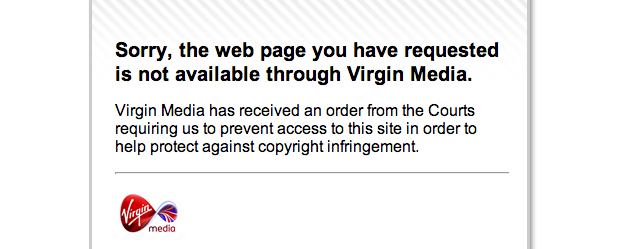This website uses cookies so that we can provide you with the best user experience possible. Cookie information is stored in your browser and performs functions such as recognising you when you return to our website and helping our team to understand which sections of the website you find most interesting and useful.
Business News Digital Legal
Rights owners and ISPs can’t agree on specifics of Aussie web-blocking
By Chris Cooke | Published on Monday 27 June 2016

As web-blocking gets underway in Australia, there was some bickering in court last week over what to do about proxies.
As previously reported, new laws in Australia allow rights owners to seek court injunctions forcing internet service providers to block access to sites deemed liable for copyright infringement. Australia follows a number of other countries in allowing web-blocking as an anti-piracy tactic.
One of the issues with web-blocking is that as soon as a blockade is in place, individuals set up proxies which enable people to still access the blocked site via an alternative URL, which can usually be found pretty quickly with a Google search. Rights owners have tried to tackle this weakness to an extent by logging known proxies and demanding they too are blocked by the ISPs.
The question is, do the proxy web-blocks require a whole new injunction, or can the extra URLs just be added to the injunction that blocked whatever site the proxies are linking too? In the UK, where web-blocking has become a preferred anti-piracy tactic of the music and movie industries, generally the simpler latter approach has been possible.
That’s what the Australian entertainment industry now wants, arguing that that’s what the new copyright law allowing web-blocking allows for. But, according to ITNews, the net firms do not concur. Nevertheless, legal reps for the rights owners want a precedent set that the Aussie web-blocking system will work like that in the UK.
On the proliferation of proxies, lawyer Richard Lancaster said: “This is a known problem in the real world. It will be a problem that arises in the implementation of your honour’s orders. And we’re concerned – given this is the first [blocking] case – that a procedure be adopted that will not create a real administrative burden for the future in having to do something unnecessary and elaborate such as the [ISPs] suggest”.
Lancaster argued that updating web-blocks to include proxies didn’t put a great burden onto the net companies, which – the rights owners argue – should cover any costs of the web-blocking process. “In England the rights holders don’t have to pay for implementation because it’s regarded as being part of the business of carrying out the business of an ISP,” the legal man added.
We now await a court ruling on quite how Aussie web-blocking will work.





